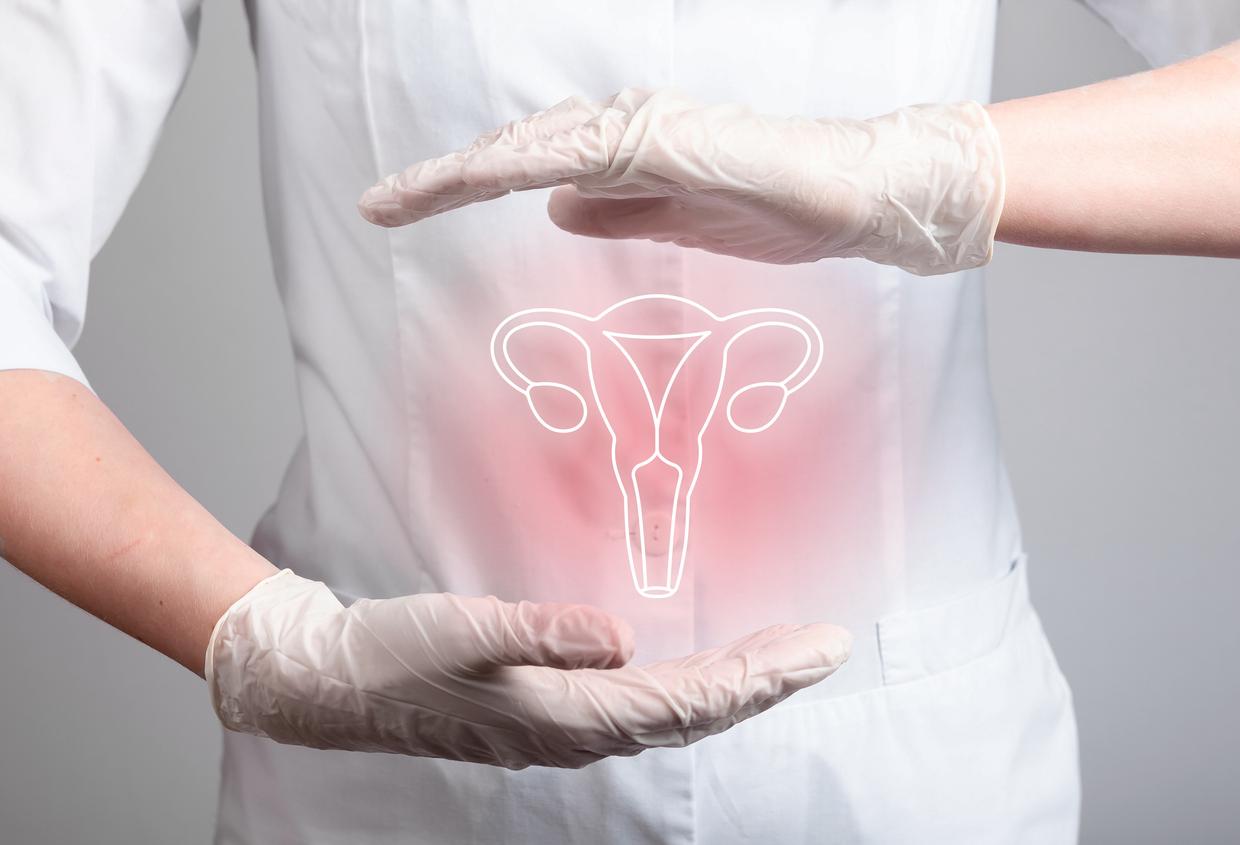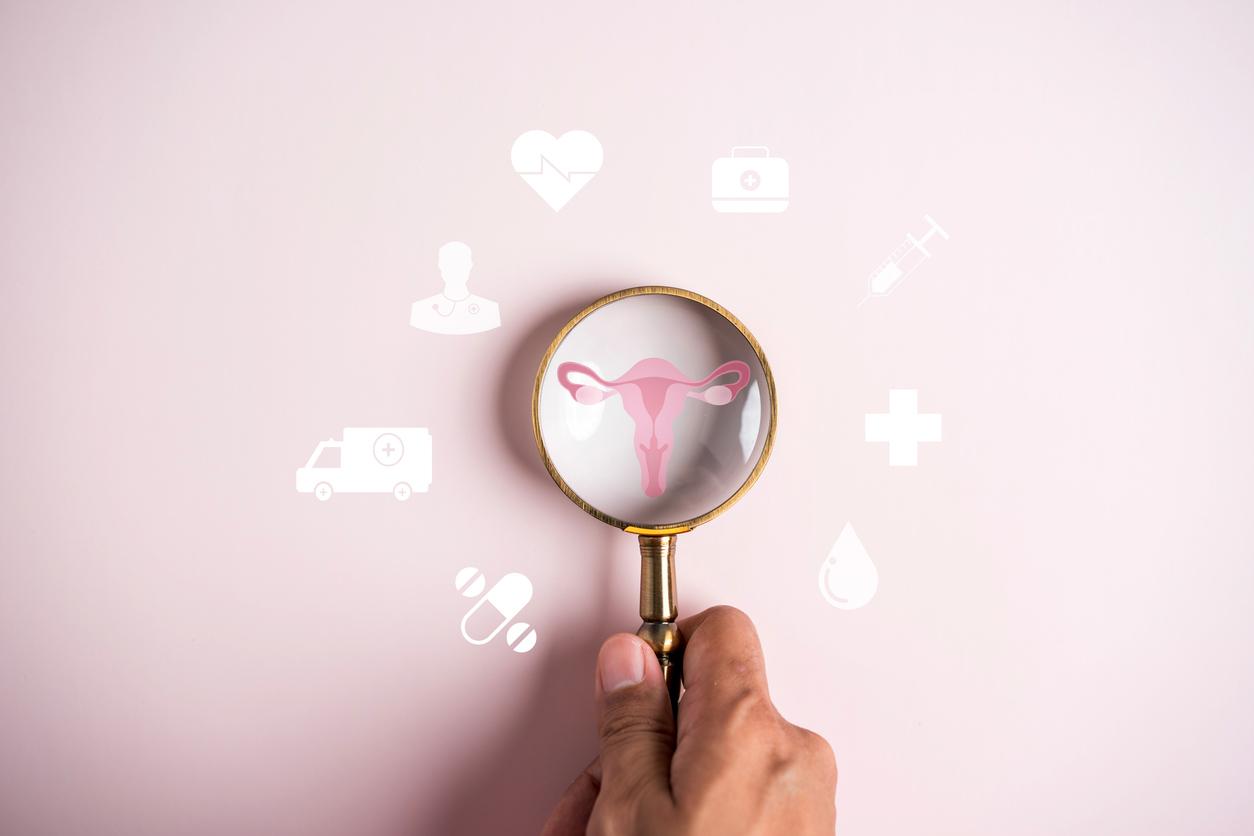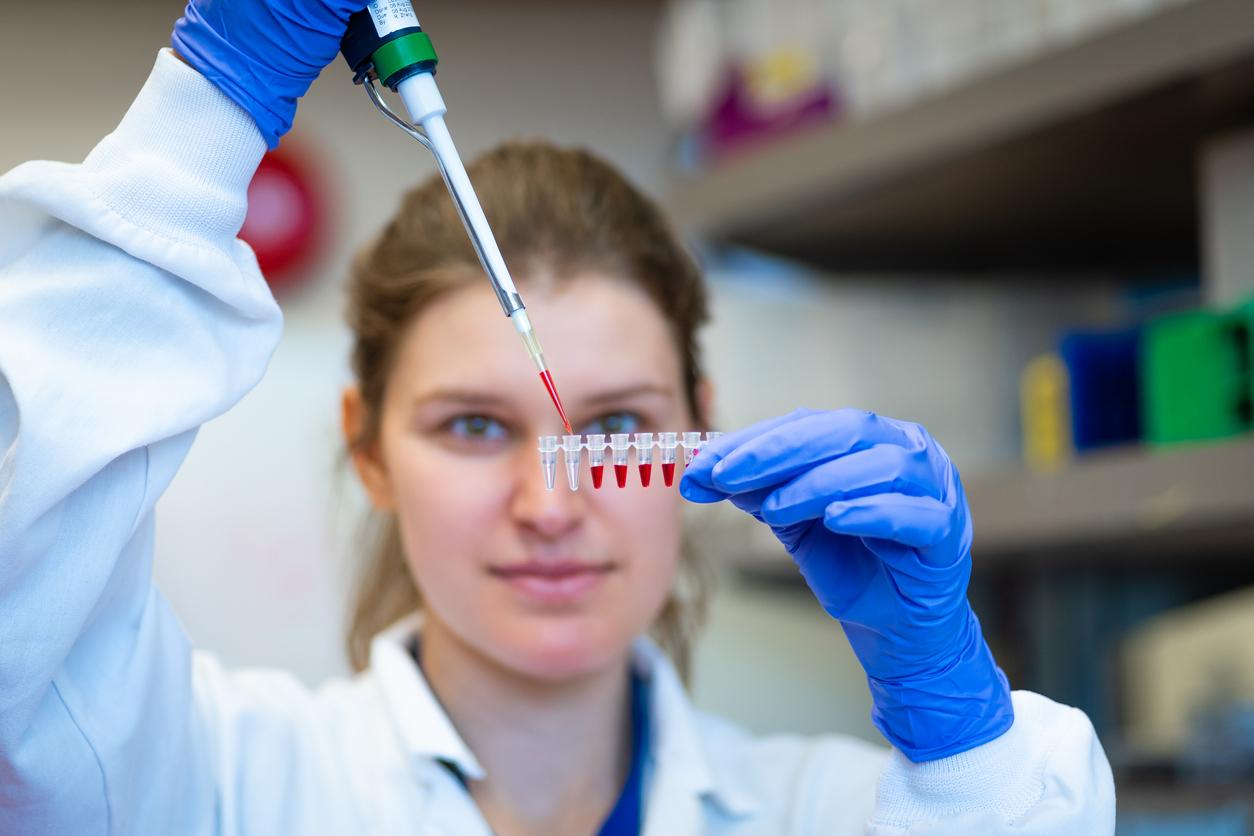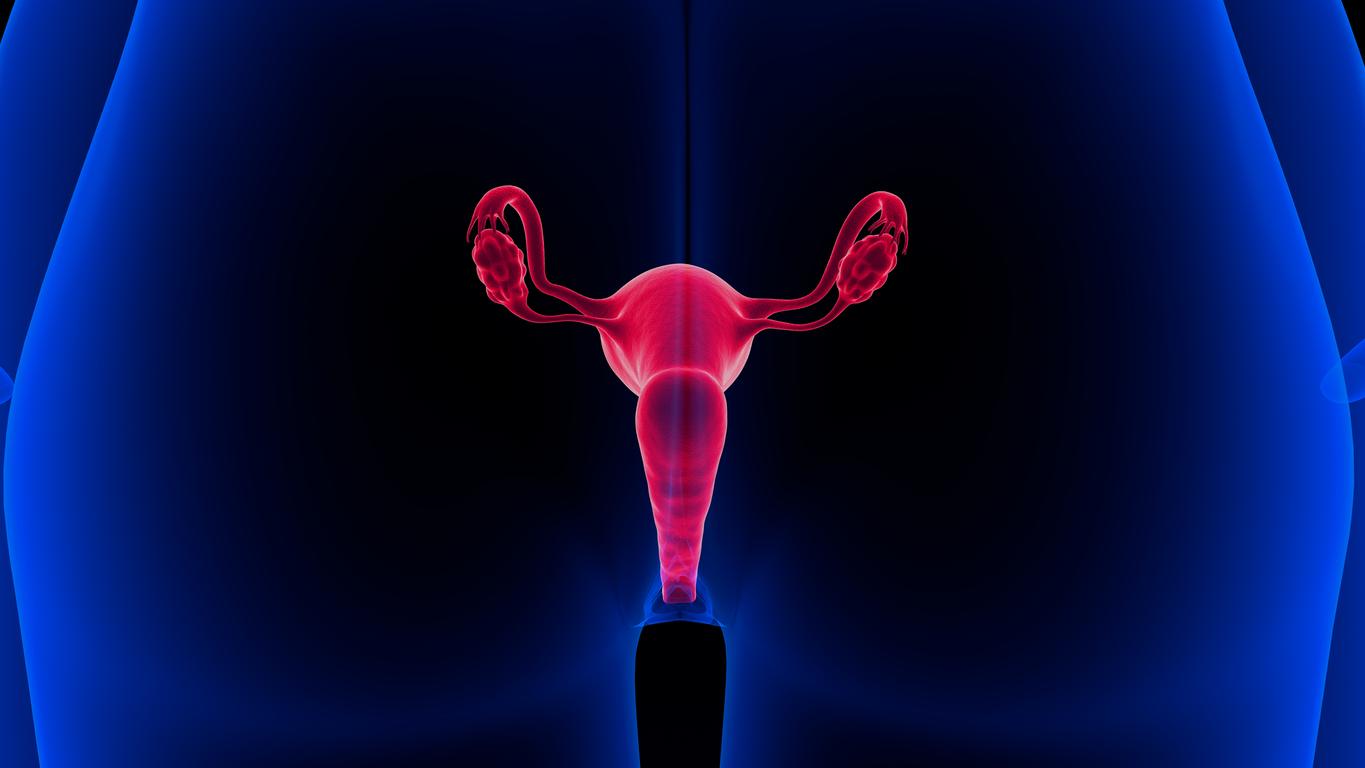People who have sexual intercourse or experience vaginal dilation after chemotherapy for cervical cancer are at lower risk of long-term side effects.
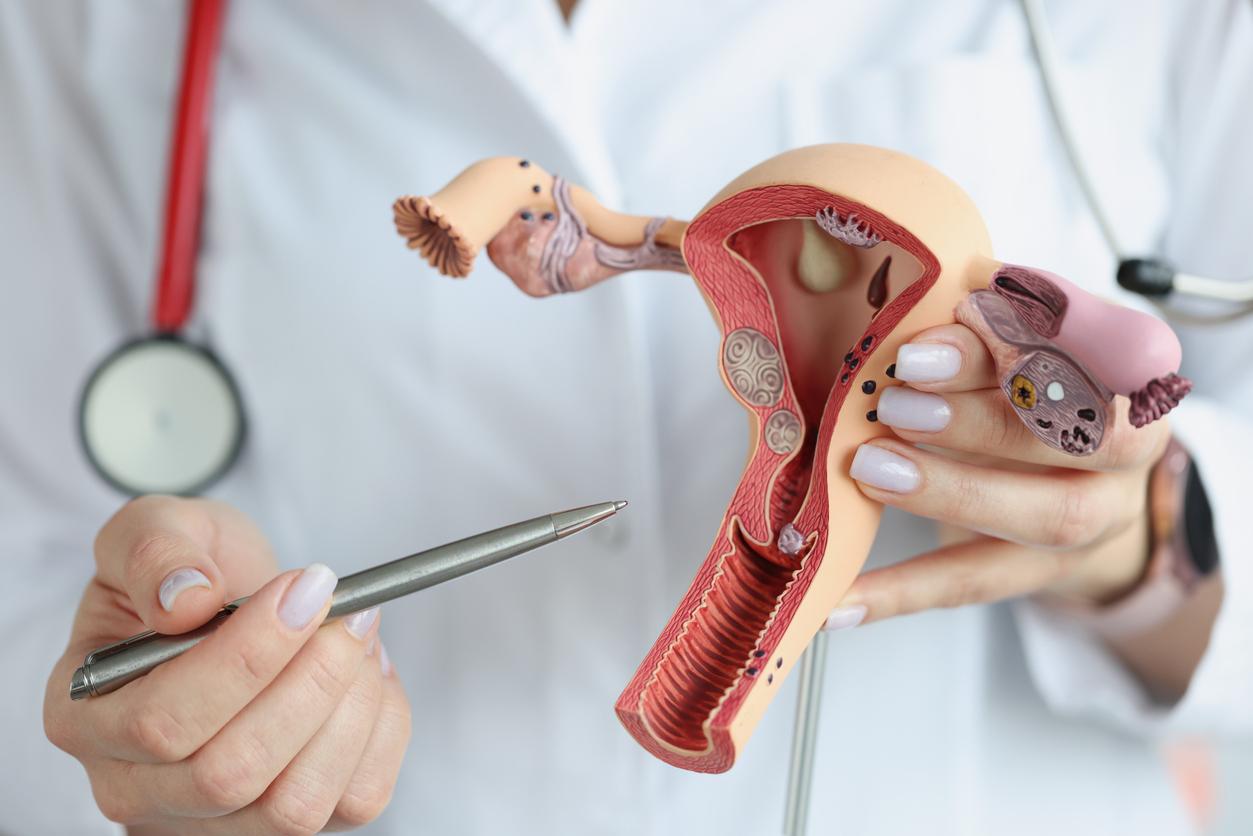
- Vaginal dilation or regular sexual activity is defined as the person with cervical cancer reporting this practice for half or more of their follow-up.
- Having regular sex was associated with a lower risk of vaginal shortening and narrowing five years after treatment.
- However, it was also linked to vaginal dryness and minor bleeding.
It is the fourth most common cancer in women worldwide. Every year, nearly 3,000 French women develop cervical cancer and 1,000 patients die from it, according to Public health France. The management of this tumor, attributable in almost 100% of cases to a sexually transmitted human papillomavirus infection, is based on amputation, chemotherapy, hysterectomy, external radiotherapy or even brachytherapy. These treatments improve patients’ chances of survival.
However, giving high doses of radiation to tumors near the vagina can lead to vaginal stenosis (shortening or narrowing of the vagina) and long-term changes to vaginal tissue. This can complicate gynecological exams or cause pain during sex. Thus, doctors often recommend regular and continuous vaginal dilation to alleviate these side effects and prevent scar tissue from forming, but little work has quantified its impact.
Lower risk of vaginal shortening and narrowing with regular sex
This is why researchers from the University of Vienna carried out a study, the results of which were presented at the annual meeting of the American Society for Radiation Oncology (ASTRO). They used observational research that measured vaginal side effects in 1,416 people with locally advanced cervical cancer. In a subcohort of 882 patients, Austrian scientists compared the adverse effects of adults who were sexually active or regularly used vaginal dilators in the years following treatment to those who did not follow this routine. Over the five years following treatment, patients had 11 medical appointments with gynecological examinations and completed questionnaires on quality of life, sexual activity and vaginal dilation.
According to the team, 64% of patients reported vaginal dilation or regular sexual activity, which is defined as the patient reporting this practice for half or more of their follow-up. This was associated with a lower risk of vaginal shortening and stricture five years after treatment. Another finding: Participants who reported both dilation and sexual intercourse had the lowest risk of vaginal stenosis, followed by those who were sexually active but did not use vaginal dilators and those who used dilators but did not. were not sexually active.

Vaginal dryness and bleeding may occur
The work also showed that regular sexual activity and/or vaginal dilation was associated with an increased risk of other, but mild, vaginal symptoms, such as dryness and bleeding. “This is not surprising, as vaginal dryness is more commonly seen as a lack of lubrication in patients engaging in any form of penetrative activity and as minor bleeding during or after dilation or intercourse. Sexual intercourse can often be caused by irritation of the vaginal mucosa. Vaginal dryness and minor bleeding can be managed with lubricants, moisturizers and/or hormone replacement therapy. The risk of having these minor side effects should not prevent patients to have sexual intercourse, because these activities can help prevent a more serious and irreversible condition. said study author Kathrin Kirchheiner.
Although the findings indicate a promising option for patients to maintain their sexual health after cervical cancer treatment, the scientists stressed that this research was observational and therefore could only report associations. Questions remain about the extent to which vaginal dilation and/or intercourse effectively prevents shortening and stricture, or whether the occurrence of vaginal symptoms interferes with the likelihood that patients will be able to perform these activities.







